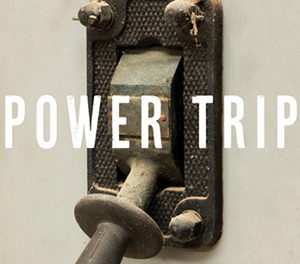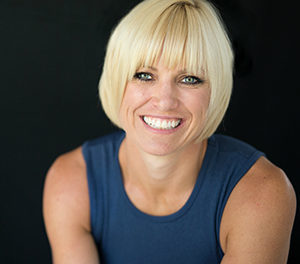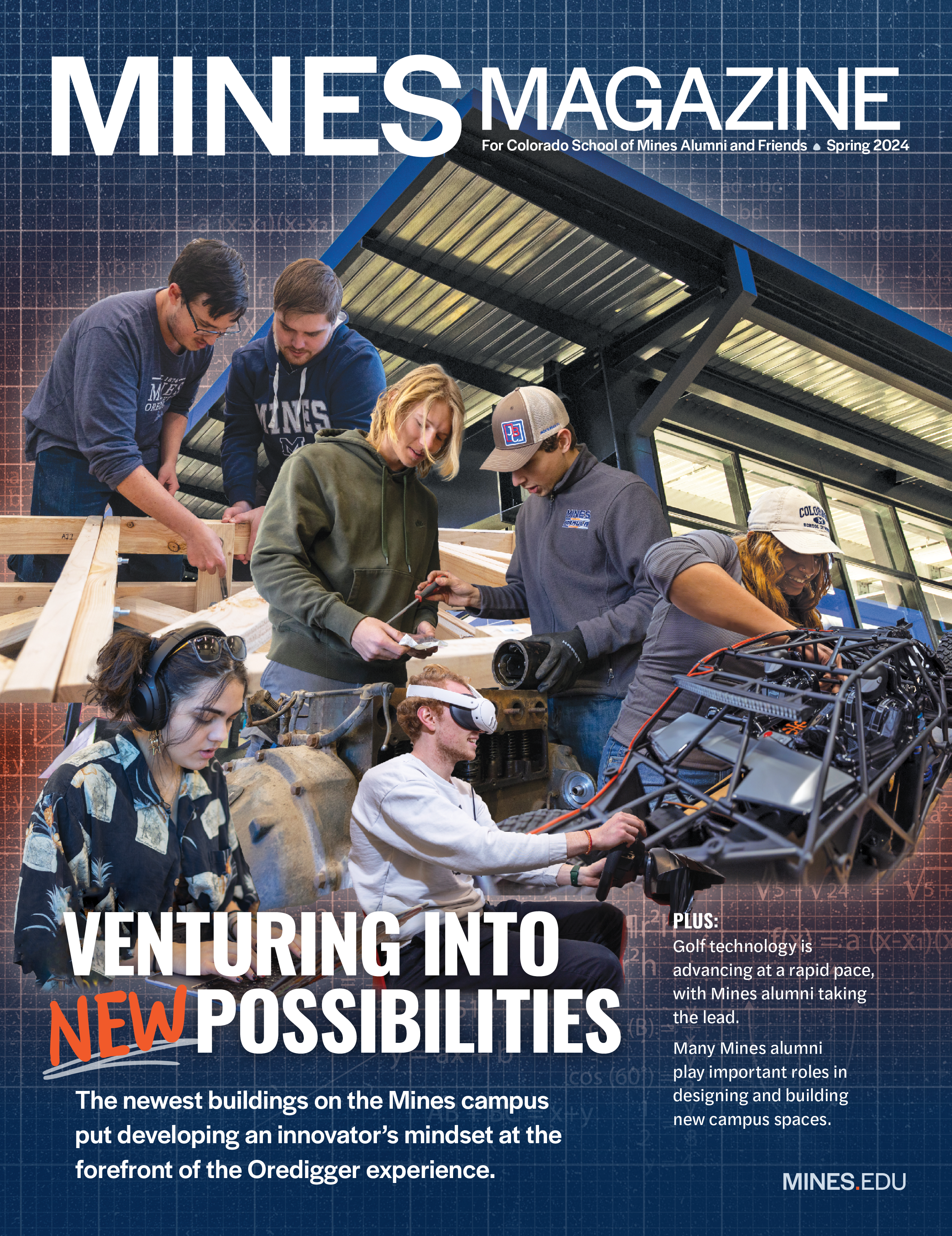Building a business from the ground up

During the economic downturn of the Great Recession and subsequent recovery in the years following, many people were looking for new opportunities and career paths that offered more stability and fulfillment. For people such as Shane ’98 and April Dittrich ’01, that meant leaving the threat of layoffs at big engineering companies behind.
Instead, they decided to start up their own business, House of Design Robotics, in Idaho to specialize in custom automation. The company focused on project-based robotic systems integration, taking existing robotics and integrating them with other mechanical and electrical devices and chemical processes into one system to serve their clients’ needs. That turned out to be an advantageous decision, and they grew the company to more than 100 employees over the next several years before eventually selling the business in September 2021.
We sat down with Shane and April to talk about what they learned from building a business from the ground up and how they knew when it was time to hand the company over to new leadership.
Mines Magazine: You built House of Design Robotics from the ground up with minimal experience or training in starting a business. How did you approach this process, knowing it was a significant risk?
April Dittrich: My parents were business owners, so I knew that business is cyclical, so that was nerve racking. But having lived through 2008 to 2012, it was like that anyway, so thought we might as well just control it and begin.
Shane Dittrich: We started down at the Small Business Development Center. We are huge advocates of the government programs around small businesses. They offer courses that help you set up a business plan. They connected us with Boise State University that had a class that drew us up a rough draft of a business plan, and they did our HR manual that we then had our lawyers review. It was super helpful to use these resources that are free, but not a lot of people know about them. It really gave us a good start.
MM: What would have been advantageous to learn as a student or before you decided to start your own business to help you through your entrepreneurial journey?
Shane Dittrich: Number one, teaching me what a profit and loss and a balance sheet were. I know what they are now, but I did it through hard knocks. It was never shown to me, and I was never trained on it. And there’s also external money that can help you. We grew our company from four people to more than 100 employees, and we bootstrapped the whole thing with basically a $6,000 personal investment.
April Dittrich: Training on the resources that are available through the government and through the state is huge. We couldn’t have done what we did without the SBDC. We didn’t know about that when we came out of Mines. We also applied for a huge training grant from the state of Idaho, which we got, and we could send our employees out to get trained, or we ourselves could get trained and then come back and train our employees.
MM: You sold House of Design Robotics in September 2021. How did you know when it was time to sell the business?
Shane Dittrich: We started doing some off-site construction projects and came up with four or five products that we saw we could sell to different manufacturers. But going from a project-based business to a product-based business is a totally different business model. We knew that if we wanted to take advantage of what the market was doing, we need to scale and scale fast. But we didn’t have the resources, personally, to be able to do that.
MM: What advice do you have for other entrepreneurs who are looking to strike out on their own and start their own businesses?
April Dittrich: You can’t go wrong betting on yourself. Just know it can be hard, but you can look for resources out there that are free that can help you if you take advantage of them.
Shane Dittrich: Don’t be afraid to understand your weaknesses and be able to have people jump in and help you. I had to learn the hard way that I’m terrible at managing people. But April is great at it. Now, if you want to talk vision and concept or get brainstorming, that’s where I shine. So being able to know yourself and who you are and be able to build up the people who excel in your weak areas, that is a big deal.





